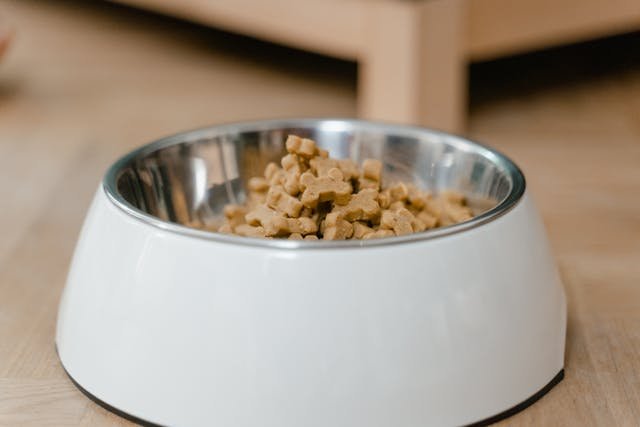Pugs are known for their insatiable appetite and adorable begging eyes. But what if that treat you toss them out of love is actually putting their health at risk? There’s one common food found in many homes that, while seemingly harmless, could be silently damaging your pug’s health over time.
If you’re feeding your pug processed cheese, it might be time to reconsider.
Why Processed Cheese Can Be Harmful to Pugs
Processed cheese is often seen as an easy, tasty treat. Many dog owners use it to hide pills or reward good behavior. But for pugs, a breed already prone to obesity and digestive issues, processed cheese can be a slow-acting threat.
Here’s why:
1. High in Saturated Fats and Sodium
Processed cheese contains high levels of saturated fat and salt. While a small nibble here and there might not cause instant harm, frequent exposure can lead to weight gain, heart strain, and hypertension. Pugs, with their compact bodies and breathing sensitivities, are particularly vulnerable to even slight weight increases.
2. Lactose Intolerance in Dogs
Many dogs, especially adults, develop a degree of lactose intolerance. While pugs may seem eager to gobble up cheese, it can lead to gas, bloating, and diarrhea. These digestive issues are uncomfortable for your dog and can contribute to chronic gut problems if not addressed.
3. Artificial Additives and Preservatives
Processed cheese often contains chemicals, artificial colors, and emulsifiers that have no nutritional value and may irritate your pug’s digestive system. Over time, this can weaken immune function and disrupt their overall gut health.
The Long-Term Effects You Might Not Notice
Because the effects of feeding processed cheese are subtle at first, many owners don’t realize there’s an issue until it has compounded over time.
Signs your pug might be reacting poorly to cheese:
- Recurring diarrhea or loose stools
- Frequent gas or bloating
- Sudden disinterest in food
- Weight gain without a diet change
- Itchy ears or skin (could signal a food allergy)
Better Alternatives to Cheese
If you use cheese as a training reward or pill-hider, consider safer, pug-friendly alternatives:
- Plain cooked chicken: Lean, easy to digest, and most dogs love it
- Pumpkin puree: High in fiber and gentle on the stomach
- Dog-safe peanut butter (xylitol-free): Great for pills in moderation
- Commercial dog cheese treats: Formulated without lactose or harmful additives
What If Your Pug Has Already Been Eating It?
Don’t panic if your pug has had cheese in the past. Occasional small amounts typically won’t cause irreversible harm. But now that you know better, make the change.
Start by:
- Cutting out all processed cheese
- Monitoring stool and digestive health for changes
- Offering higher-value, healthy rewards
- Talking to your vet if your pug shows any concerning symptoms
Final Thoughts
What we feed our dogs matters more than we sometimes realize. Pugs are sensitive, charming companions that rely on us to make good decisions on their behalf.
If you’ve been feeding your pug processed cheese, it’s not too late to stop. Choose treats that support their health instead of slowly undermining it. The difference could add years to their life—and keep their tail wagging happily the whole way.
Your pug depends on you. Are you feeding them something that could be doing more harm than good?








